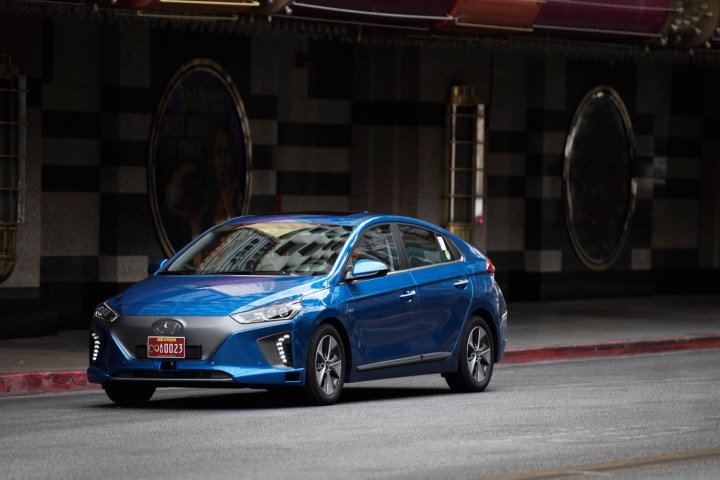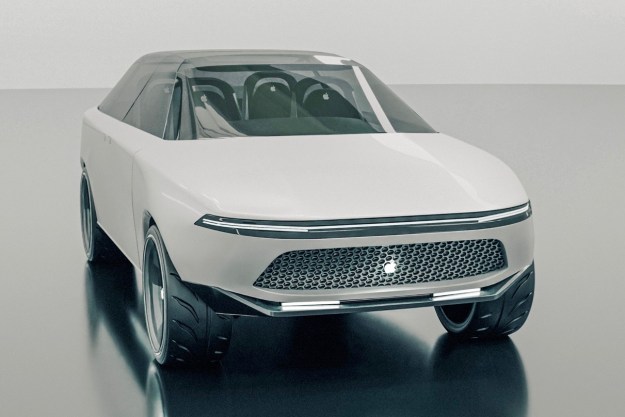
Hyundai is working with the South Korean government to bring self-driving cars to the Olympics, reports Korean news outlet etnews. This will be a particularly challenging venue for self-driving cars because of the curvy roads around Pyeongchang and expected heavy snow, which can blind the cars’ sensors. But Hyundai thinks it has a solution.
The automaker will rely on extremely accurate HD digital maps to keep its cars from crashing. Multiple automakers and tech companies are developing digital maps for self-driving cars, but Hyundai is reportedly aiming for a new level of precision. The maps will be accurate to within less than 10 centimeters, which the company considers a “world’s best” figure, according to etnews.
Self-driving cars use a combination of cameras, radar, and lidar to “see” their environment, but digital maps allow them to figure out where they are going. In inclement weather, accurate maps become even more important, because they allow cars to continue driving by comparing their position to known landmarks. This compensates for any interruptions in sensor data caused by the unfavorable conditions.
The report claims, Hyundai and the South Korean government plan to deploy autonomous shuttles that will run between Seoul and Pyeongchang, as well self-driving cars that will operate in the area around the Pyeongchang Olympic stadium. That could make for one of the largest deployments of autonomous vehicles so far.
Hyundai unveiled an autonomous prototype based on the Ioniq at the 2016 Los Angeles Auto Show, and demonstrated it on the streets of Las Vegas during CES 2017. At the time of the autonomous Ioniq’s L.A. unveiling, Hyundai said it had three of the cars, plus two autonomous Tucson Fuel Cell SUVs. Most testing has taken place at Hyundai’s R&D center in Namyang, South Korea.
Alongside self-driving cars, Hyundai is preparing a next-generation hydrogen fuel cell vehicle to replace the current Tucson Fuel Cell. The new model will be unveiled next year, and it wouldn’t be surprising to see it make an appearance at the Olympics.
Editors' Recommendations
- Tesla Autopilot vs. full self-driving: What’s the difference?
- Cruise autonomous vehicle drives over woman just after she was hit by another car
- Volkswagen is launching its own self-driving car testing program in the U.S.
- Is Tesla Full Self-Driving worth it?
- Hyundai Ioniq 6 first drive review: welcome to the future


